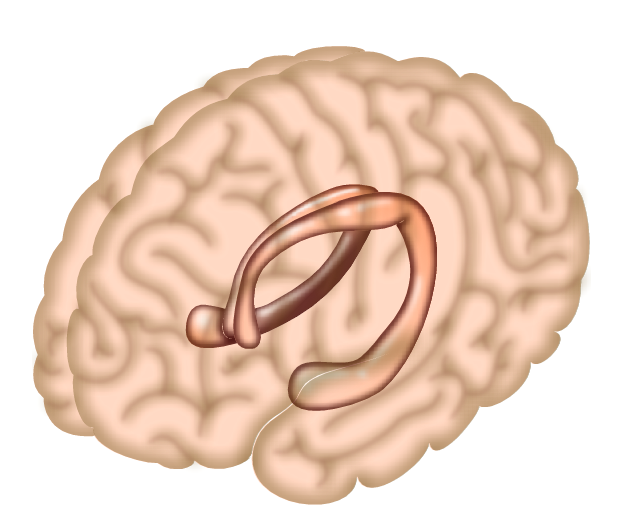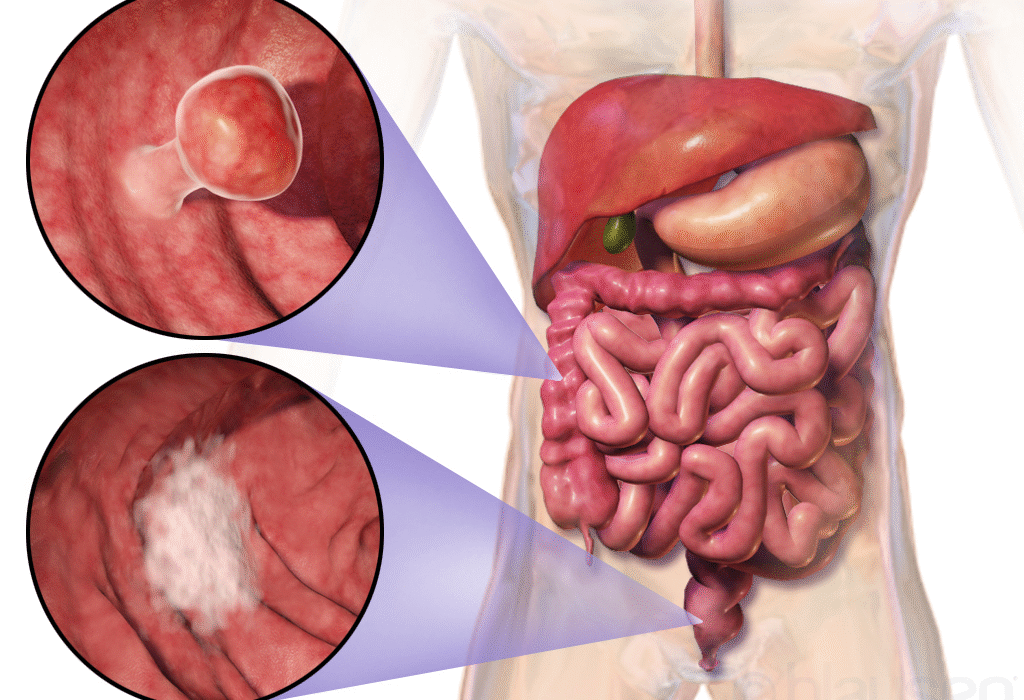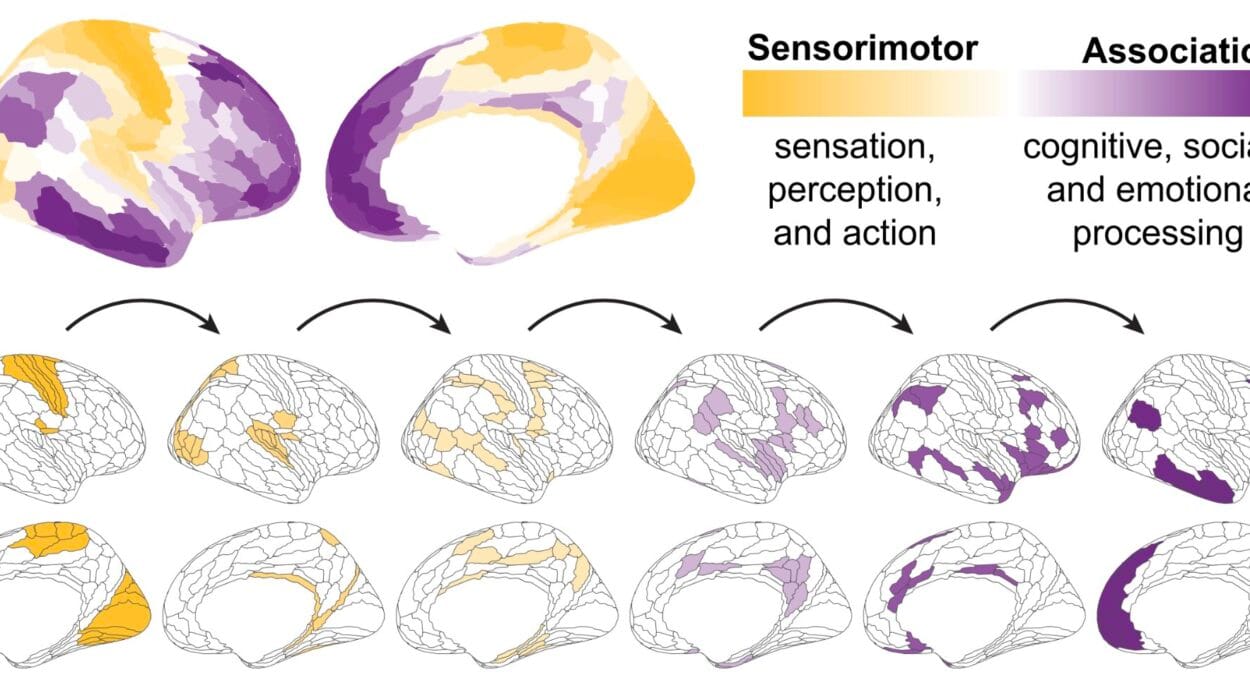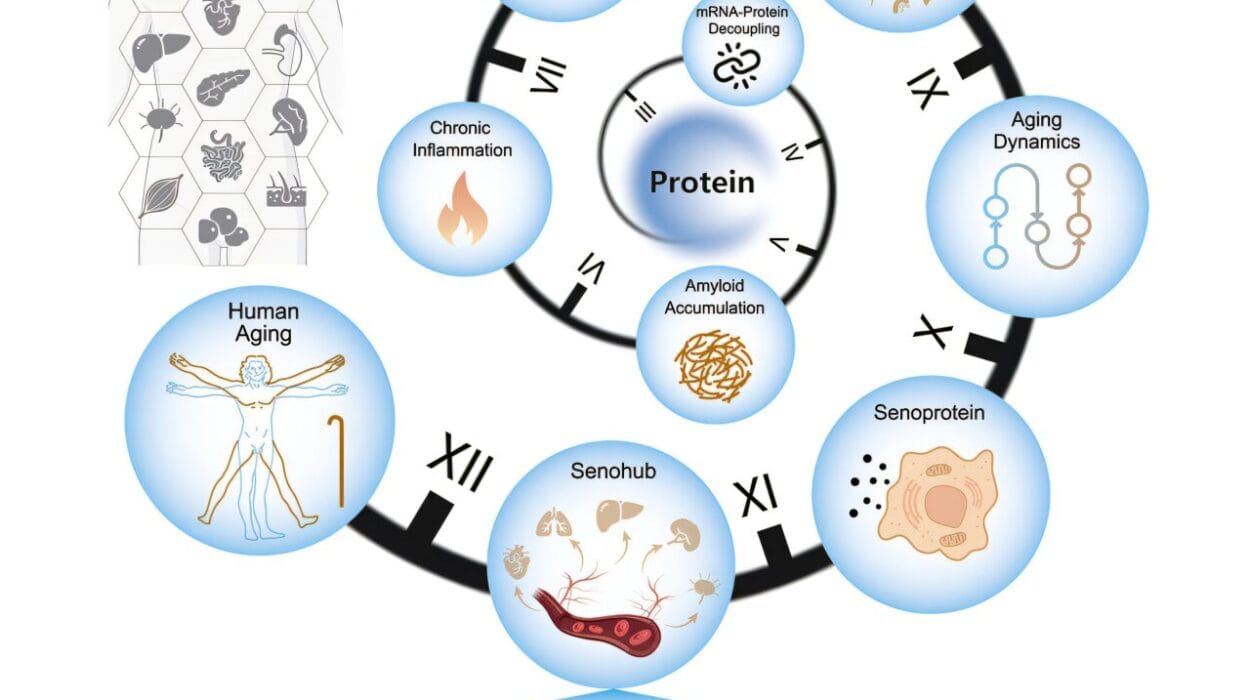Pregnancy is often described as a miracle, but in truth, it is also one of the most complex biological processes known to humankind. From a single fertilized egg grows a whole human being, with beating heart, functioning brain, and billions of specialized cells working in harmony. This extraordinary process requires not only genetic blueprints but also the raw materials that make life possible—nutrients. These nutrients do not appear by magic; they come from the mother’s body, passed through her bloodstream, fueling both her own health and the development of her child.
Prenatal vitamins are designed to meet this profound need. They are not just pills in a bottle but tools that ensure the right nutrients are available in the right amounts at the right time. For many women, they are the invisible safety net that reduces risks, fills dietary gaps, and supports both maternal well-being and fetal development. To understand why prenatal vitamins matter is to understand the delicate balance of pregnancy, where every choice can echo across a lifetime.
Why Nutrition Matters More During Pregnancy
Pregnancy places extraordinary demands on the body. Blood volume increases dramatically, tissues stretch and grow, hormones surge, and the developing baby requires a steady supply of oxygen, minerals, and vitamins to thrive. A healthy diet provides much of this, but even the most careful eater can face gaps. Soil depletion, modern lifestyles, morning sickness, food aversions, and dietary restrictions can all make it difficult to get enough of certain key nutrients.
Moreover, pregnancy is not forgiving of deficiencies. A lack of folic acid can lead to neural tube defects. Insufficient iron can cause anemia and complications in both mother and child. Low vitamin D may impair bone development, while inadequate iodine can affect brain growth. Prenatal vitamins are formulated with these critical nutrients in mind, offering an extra layer of protection during a time when the stakes could not be higher.
The Science Behind Prenatal Vitamins
A prenatal vitamin is not simply a stronger version of a regular multivitamin. It is a carefully calibrated blend tailored to the unique physiological changes of pregnancy. The goal is not to overload the body with nutrients but to ensure that no essential component is missing. Scientists and medical professionals have studied pregnancy nutrition for decades, and the result is a general consensus on which vitamins and minerals matter most.
That said, prenatal vitamins are not identical. Formulations vary by brand, country, and even medical recommendation. Some include higher doses of certain nutrients to address local dietary deficiencies, while others are designed for specific health needs. The diversity of formulations reflects a simple truth: pregnancy is universal, but women’s nutritional needs can be highly individual.
Folic Acid: The Guardian of Early Development
Among all the nutrients in prenatal vitamins, folic acid stands at the forefront. This B vitamin plays a critical role in the formation of the neural tube, which develops into the baby’s brain and spinal cord. Without enough folic acid in the earliest weeks of pregnancy—often before a woman even realizes she is pregnant—the risk of severe birth defects such as spina bifida or anencephaly increases significantly.
Because of this, medical organizations worldwide recommend that women begin taking folic acid even before conception. A daily dose of 400 to 800 micrograms is generally advised, though higher amounts may be necessary for women with certain medical conditions or family histories. This small nutrient carries enormous weight, quietly safeguarding the foundations of a child’s nervous system.
Iron: Fuel for Mother and Child
Iron is another cornerstone of prenatal nutrition. During pregnancy, a woman’s blood volume expands by nearly 50 percent to support the growing fetus and placenta. This surge demands a higher supply of hemoglobin, the protein in red blood cells that carries oxygen. Without adequate iron, anemia can develop, leaving mothers fatigued, dizzy, and more vulnerable to complications during childbirth.
For the baby, insufficient oxygen delivery can slow growth and increase the risk of preterm birth. Prenatal vitamins typically include 27 milligrams of iron, the recommended daily amount for pregnant women. Yet even with supplementation, some mothers require additional iron through diet or separate supplements. The importance of iron cannot be overstated: it is the element that keeps life’s most vital molecule—oxygen—flowing to every cell.
Calcium and Vitamin D: Building Strong Bones
Every skeletal structure begins long before birth. A developing baby’s bones and teeth require calcium to form properly, and if the mother’s diet does not provide enough, her own stores are drawn upon. This can weaken her bones over time, increasing the risk of osteoporosis later in life.
Calcium’s partner in this process is vitamin D, which ensures that the mineral is absorbed and utilized effectively. Without vitamin D, calcium can remain in the digestive tract instead of reaching bones and teeth. Prenatal vitamins often contain around 200 to 400 milligrams of calcium, though dietary sources such as milk, yogurt, cheese, and leafy greens also play a vital role. Vitamin D levels vary, but experts often recommend at least 600 international units daily during pregnancy. Together, calcium and vitamin D form the scaffolding upon which the baby’s body is built.
Iodine: Nurturing the Developing Brain
Though often overlooked, iodine is essential for the production of thyroid hormones, which regulate metabolism and play a central role in brain development. Deficiency during pregnancy can impair cognitive growth, leading to intellectual disabilities and developmental delays.
Historically, iodine deficiency was widespread, leading many countries to fortify table salt with iodine. Yet even today, not all women get enough. Prenatal vitamins that contain iodine help bridge this gap, ensuring that the baby’s brain and nervous system develop to their full potential.
Omega-3 Fatty Acids: The Brain and Eye Connection
While not always included in standard prenatal vitamins, omega-3 fatty acids—especially DHA (docosahexaenoic acid)—have earned increasing recognition for their importance in pregnancy. DHA is a major structural component of the brain and retina, and research suggests it supports cognitive development, visual acuity, and even reduces the risk of preterm birth.
Women who do not consume fish regularly may be at risk of deficiency, making supplementation valuable. Prenatal vitamins with added DHA or separate fish oil capsules can provide this critical nutrient, though care must be taken to choose sources free from mercury and other contaminants.
Beyond the Basics: Other Nutrients of Importance
While folic acid, iron, calcium, vitamin D, iodine, and DHA often headline prenatal discussions, many other vitamins and minerals quietly contribute to a healthy pregnancy.
Vitamin B12 works alongside folic acid in red blood cell formation and nervous system development. Vitamin C enhances iron absorption and supports immune function. Zinc contributes to cell growth and repair. Vitamin A, in careful amounts, aids vision and immune development, though excessive intake can be harmful. Magnesium supports muscle function and reduces the risk of preterm labor. Each plays its part in the intricate symphony of growth, reminding us that no nutrient exists in isolation.
Choosing the Right Prenatal Vitamin
For expectant mothers, walking into a pharmacy and facing shelves of prenatal vitamins can feel overwhelming. The labels are filled with promises, the ingredients lists with unfamiliar numbers. The truth is that the “best” prenatal vitamin is not necessarily the most expensive or the one with the most ingredients, but the one that meets the specific needs of the individual woman.
Some women may require higher doses of certain nutrients, such as folic acid for those with a history of neural tube defects, or iron for those prone to anemia. Vegetarians and vegans may need additional vitamin B12 or DHA from algae-based sources. Women with limited sun exposure might benefit from higher vitamin D. Consulting a healthcare provider is essential, as personal medical history, diet, and even geographic location influence what formulation is most suitable.
When to Start and How Long to Continue
One of the most important lessons about prenatal vitamins is timing. Neural tube development occurs in the first month of pregnancy, often before a woman knows she is pregnant. For this reason, health experts recommend that all women of childbearing age who may become pregnant take a daily folic acid supplement, even if they are not actively planning conception.
Once pregnancy is confirmed, prenatal vitamins should be continued throughout gestation and, in many cases, during breastfeeding as well. Lactation places its own nutritional demands on the body, and maintaining supplementation helps ensure that both mother and child continue to thrive.
The Emotional Dimension of Prenatal Care
Pregnancy is not only a physical journey but also an emotional one. Taking a prenatal vitamin can feel like a daily ritual of love, a tangible expression of commitment to the baby’s future. For many women, swallowing that small pill each morning becomes a way of saying, I am doing everything I can to protect you.
Yet it is also important to acknowledge that not every pregnancy is straightforward. Morning sickness may make vitamins hard to tolerate, financial constraints may make some formulations inaccessible, and misinformation can create anxiety. In these moments, compassion and reliable guidance matter just as much as science. Prenatal vitamins are not about perfection but about support—an extra layer of care in a time when women already carry so much.
Myths, Misconceptions, and Realities
As with many health topics, prenatal vitamins are surrounded by myths. Some believe that taking more vitamins will produce a healthier or smarter baby, but excess can be harmful, particularly with fat-soluble vitamins like A and E. Others fear that supplements are unnatural or unnecessary, forgetting that they are meant to complement, not replace, a healthy diet.
The reality is nuanced. Prenatal vitamins are not magic bullets; they cannot erase all risks or substitute for proper medical care. But they are a powerful tool in improving outcomes, reducing preventable complications, and supporting the incredible biological effort of pregnancy.
The Global Picture of Prenatal Nutrition
While prenatal vitamins are readily available in many countries, access remains uneven worldwide. In low-resource settings, deficiencies in iron, folic acid, and iodine are still common, contributing to high rates of maternal and infant mortality. Public health programs that distribute prenatal supplements have shown dramatic improvements in survival and long-term health, demonstrating the profound impact of these small pills on a global scale.
At the same time, cultural practices and local diets influence which nutrients are most needed. In some regions, calcium is scarce; in others, iodine deficiency persists. Prenatal vitamins, therefore, are not only personal but also political, representing a commitment to maternal and child health at the societal level.
The Future of Prenatal Care
Science is advancing rapidly, and the future of prenatal vitamins may look very different from today’s one-size-fits-all formulations. Personalized nutrition—guided by genetic testing, microbiome analysis, and advanced biomarkers—could allow supplements to be tailored to each woman’s unique needs. Imagine a prenatal vitamin designed specifically for you, based on your DNA, your diet, and your body’s real-time nutrient levels.
Emerging research is also exploring the role of probiotics in pregnancy, the impact of antioxidants on reducing complications, and the potential for new compounds to support fetal development. The next generation of prenatal care may integrate these insights, offering mothers more precise and effective ways to support their children even before birth.
A Celebration of Life’s Foundation
In the end, prenatal vitamins matter because they touch the very beginning of life. They are small capsules filled with the building blocks of existence—molecules that construct bones, wire neurons, and fuel tiny hearts. They are silent partners in the journey of pregnancy, offering security in an unpredictable process.
To take a prenatal vitamin is to acknowledge that life is fragile but also resilient, that a little extra care can shape generations. It is an act of hope, rooted in science yet expressed in love.
Pregnancy is a story that begins with possibility. Prenatal vitamins ensure that this story is given the best possible foundation—a foundation strong enough to carry not only the weight of nine months but the unfolding of an entire lifetime.






